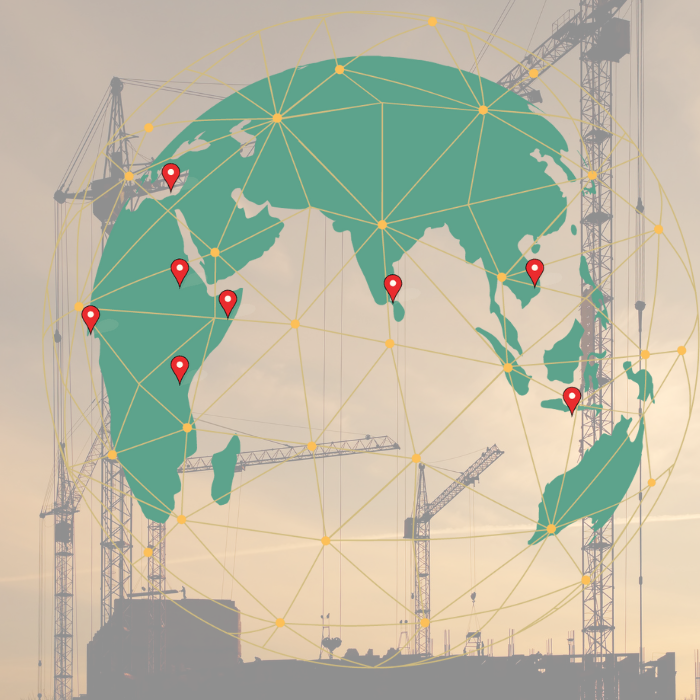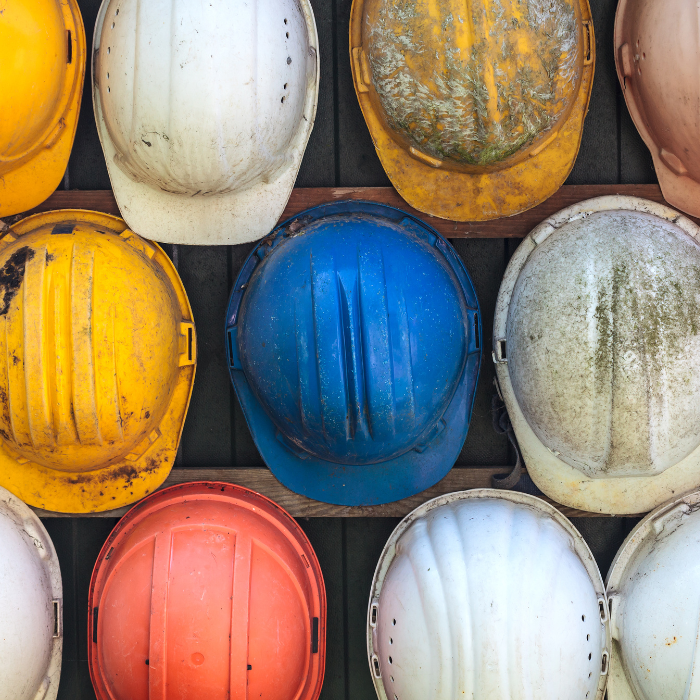Construction Supply Chain Risk Is Changing – Here’s How to Stay Ahead

In 2025, the construction industry is navigating one of its most complex supply chain environments to date. From labour shortages and cost volatility to subcontractor accountability and reputational risk, the landscape is shifting fast and traditional compliance models are no longer enough.
Approximately 38% of inflationary costs in the UK construction sector can be attributed to labour and materials, This has led to a large proportion of UK builders postponing projects. These disruptions have continued into 2025, with material costs remaining high and a forecasted decline in construction outputs.
The challenge is clear: how to deliver projects on time, within budget, and to higher ethical and environmental standards, all while managing a fragmented and global supplier network.
From Compliance to Confidence
Historically, supplier due diligence in construction has been time-consuming, duplicative, and inconsistent across projects. Audits are often repeated, insight is limited to one tier, and data quickly becomes outdated.
That’s why a growing number of contractors are adopting a more holistic approach by integrating recognised industry frameworks like the Common Assessment Standard (CAS) with real-time analytics and digital tools.
Achilles supports this evolution by providing a supply chain insight platform tailored for the construction industry. This platform combines CAS alignment with predictive scoring and real time analytics enabling contractors to identify and mitigate risks proactively.
The answer lies in moving from reactive risk management to proactive supply chain intelligence.
Real Intelligence, Not More Admin
Instead of chasing paperwork, teams can focus on what matters, spotting and responding to risk before it escalates. Through a single dashboard, buyers can map subcontractor networks, track supplier performance trends, and respond quickly to emerging risks using real-time data.
Whether it’s identifying gaps in ethical practices, flagging high-risk trades, or planning for cost resilience, having immediate visibility across your value chain supports better decision-making without increasing supplier burden.
The result is a smarter, more confident approach to risk. One that reduces friction, saves time, and improves project outcomes.
 Supply Chain Resilience Starts with Insight
Supply Chain Resilience Starts with Insight
As pressure grows to demonstrate transparency, sustainability, and ethical labour practices, the businesses best positioned for success will be those that treat supply chain risk as a strategic priority.
With holistic tools and deeper data, construction leaders can go beyond compliance and build resilience from the ground up.
Learn how Achilles can help you manage supply chain risk with clarity and confidence.



